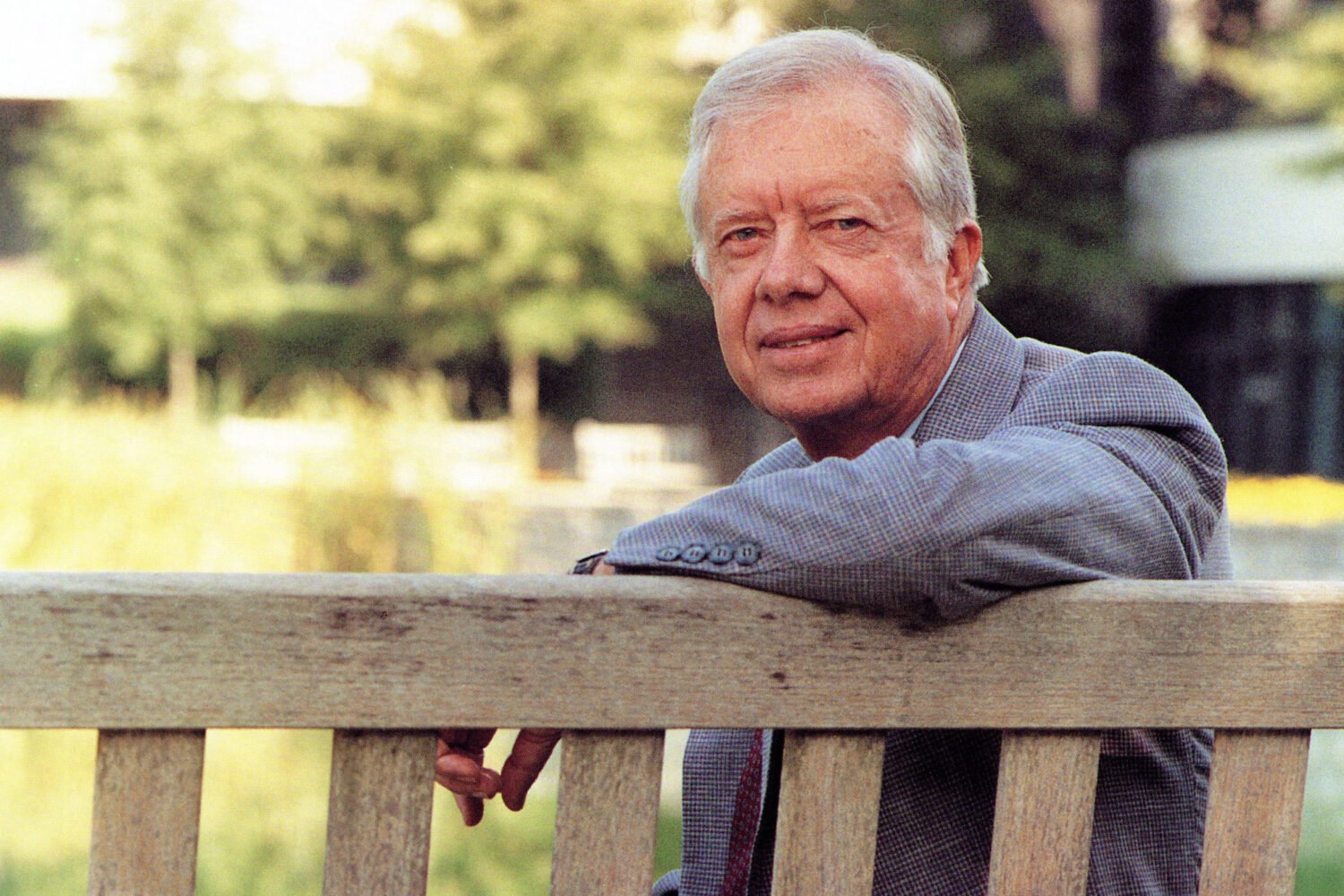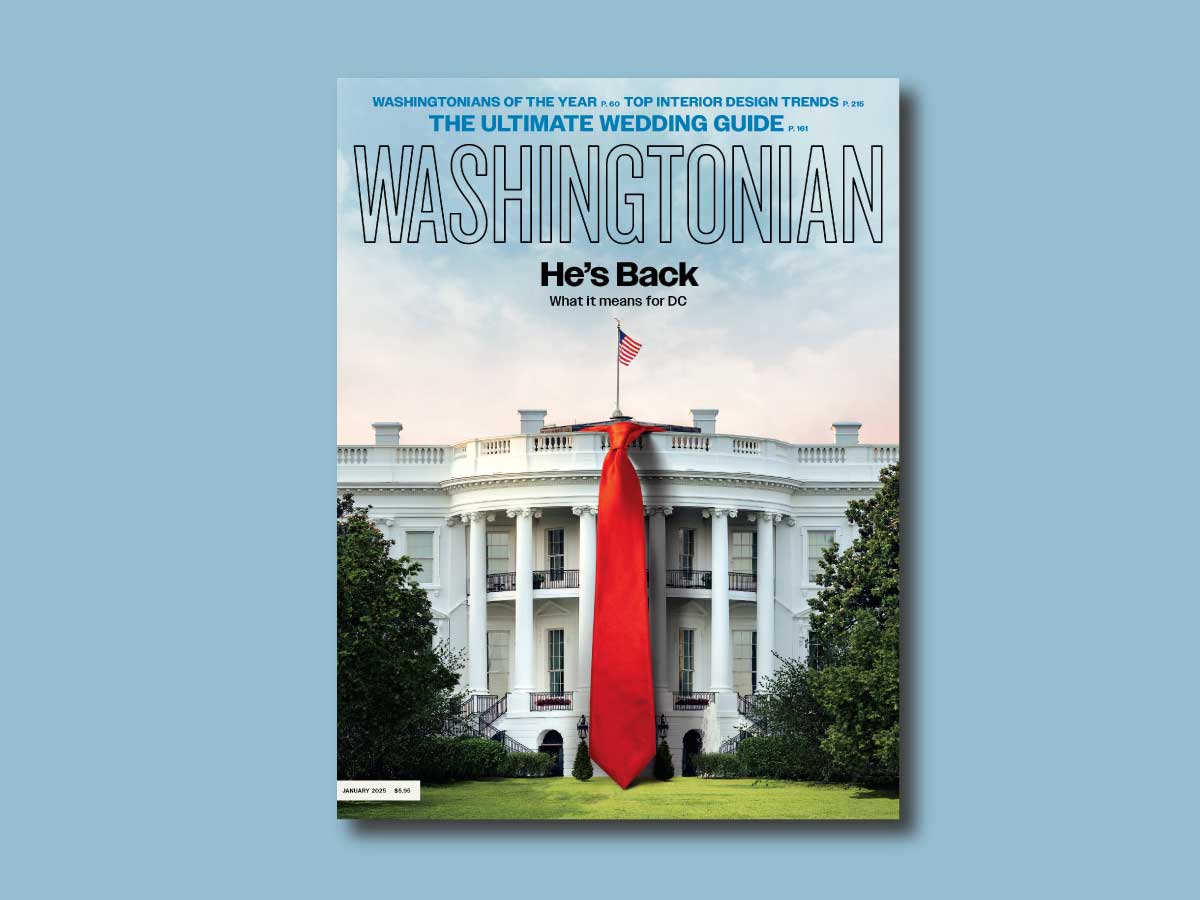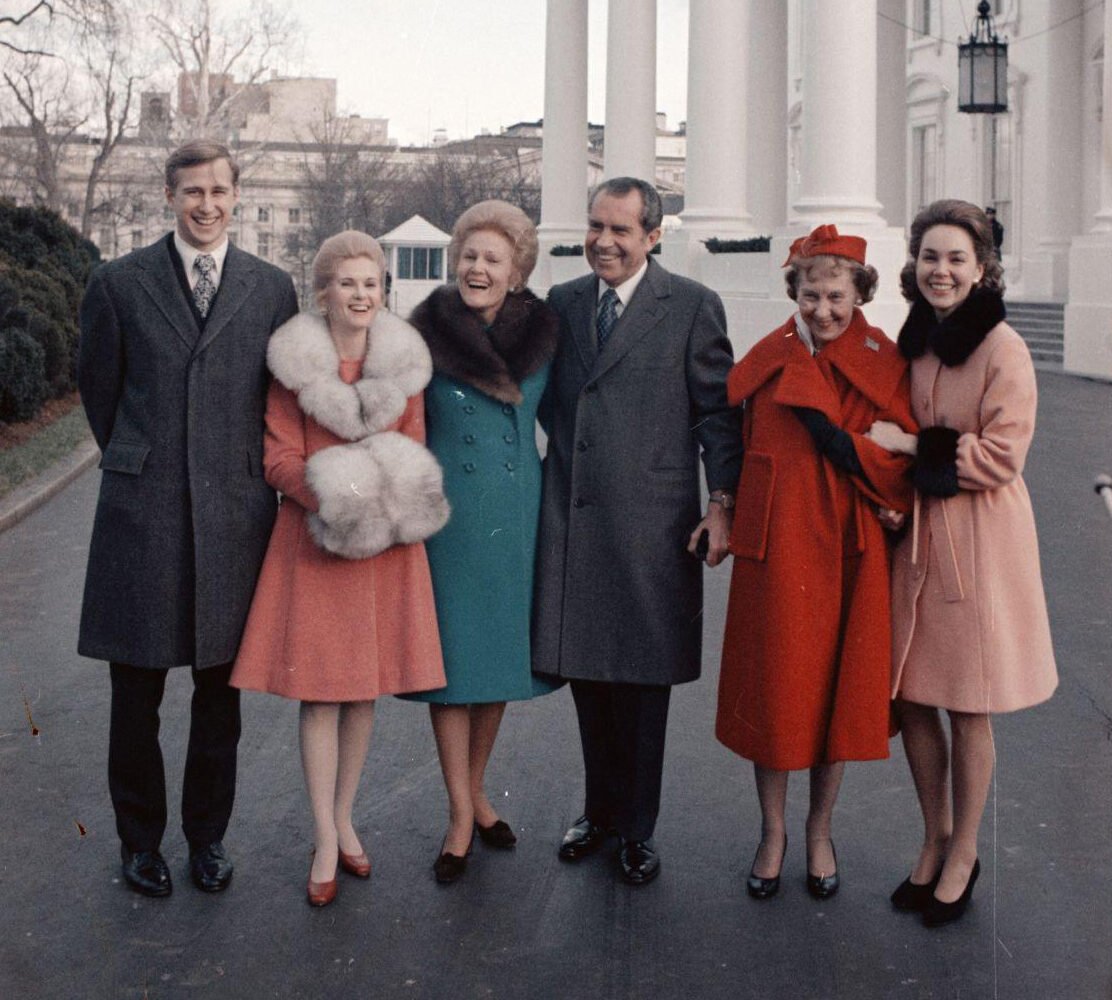
The title Imperial America seems to dump John Newhouse, a senior fellow at the Center for Defense Information, into the literary bargain bin of hyperpolitical gut-punchers and mudslingers.
He’s neither. In the tug-of-war between diplomacy and defense, Newhouse flip-flops from one ideological end to the other. He condemns George W. Bush’s efforts to “marginalize the structure of diplomacy, laws, alliances, and multinational bodies” but acknowledges the threat posed by rogue states eager to harvest the “forbidden fruit” of nuclear weapons.
Like Iraq? No. Like Pakistan—“congenitally turbulent, a breeding ground for terrorism.” Like North Korea, “a feudal autocracy-insular, paranoid, deeply insecure,” and home of the world’s fifth-largest army. Iraq, Newhouse writes, was simply “the easiest hill to climb.”
He also departs from Bushian and popular opinion in his analysis of the showdown between Yasir Arafat and Ariel Sharon. “The pro-Sharon-Netanyahu cohort in the Pentagon has operated,” he writes, “like an extension of the Likud leadership,” threating to transform “the region into a US-Israeli co-management sphere.” Bush’s road map promises the Palestinians only “a patchwork of . . . isolated enclaves cobbled into a so-called state,” thus fostering further Middle East terrorism.
Newhouse likewise tackles Bush’s foreign policy toward North Korea, Iran, and Russia, among others. But here’s the rub: Imperial America is only 171 pages long. As a result, the book is structurally scatterbrained and sometimes scanty on details. On Iran, for instance, Newhouse advises that the United States build bridges with reformist president Mohammed Khatami. Okay, but what about the US-Iranian diplomatic impasse that began with Iraq’s Reagan-sanctioned, eight-year war against Iran and continued through more than a decade of Iranian political and economic upheaval? Newhouse includes no blueprint for building a bridge over a hurricane.
But in the dialogue on American foreign policy, which so regularly erupts into name-calling and trash-talking, Newhouse’s voice—logical, reflective, moderate—is worth hearing.
Author:
John Newhouse
Publisher:
Knopf
Price:
$23


















